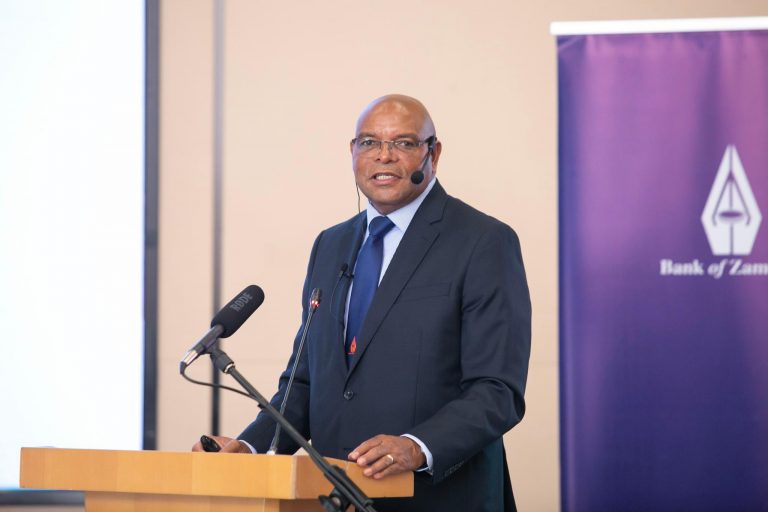The central bank in Africa’s second largest copper producer, Zambia on 26 February 2024, launched its debut monetary policy committee report. This was to aid with transparency of the deliberations of the rate decision meeting. The intiative comes as part of implementation of the new Bank of Zambia (BOZ) Act that will see the central bank align to global best practice. Speaking at the launch, Governor Dr. Denny Kalyalya took the initiative to explain the recent monetary policy tightening measures that included hiking of the cash reserve ratio by 9% to 26% which extended to vostro accounts and idle government deposit balances.
“If there are idle government resources in the balances of the banks, the government needs these funds to finance its activities. Idle resources could be used by banks to buy foreign exchanges and government securities which is tantamount to the government borrowing its own money,” Dr. Kalyalya said.
The central bank chief revealed that the regulator would like commercial banks to look at other clients precisely the private sector.
The Bank of Zambia tightened monetary policy in a bid to curb a currency slide that was pushing inflation further away from the targetted 6-8% band. Dr. Kalyalya told the audience that BOZ prioritizes price and financial sector stability over everything else.
“Macroeconomic stability is a pre-requsite for everything and if inflation is not addressed, inflation will erode the value of your money,” Dr. Kalyalya said. And the monetary tightening is not in contradiction to fiscal policy to expand the economy. We seek to support growth that is robust, stable and sustainable in the long term, he said.
The Governor hinted that pricing in Kwacha for local transactions will be enforced as this will help with curbing dollar demand. Zambia has over the previous months grappled with currency woes given dwindling supply flows and rising demand which the central bank has sought to tame by raising the statutory reserve ratio. Dr. Kalyalya hinted on potential further cash reserve hikes should the currency instability persist.
The Kwacha Arbitrageur

